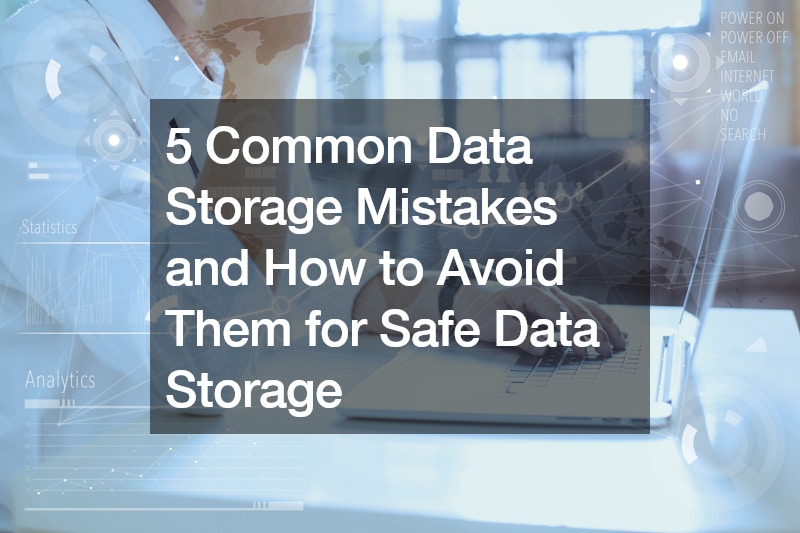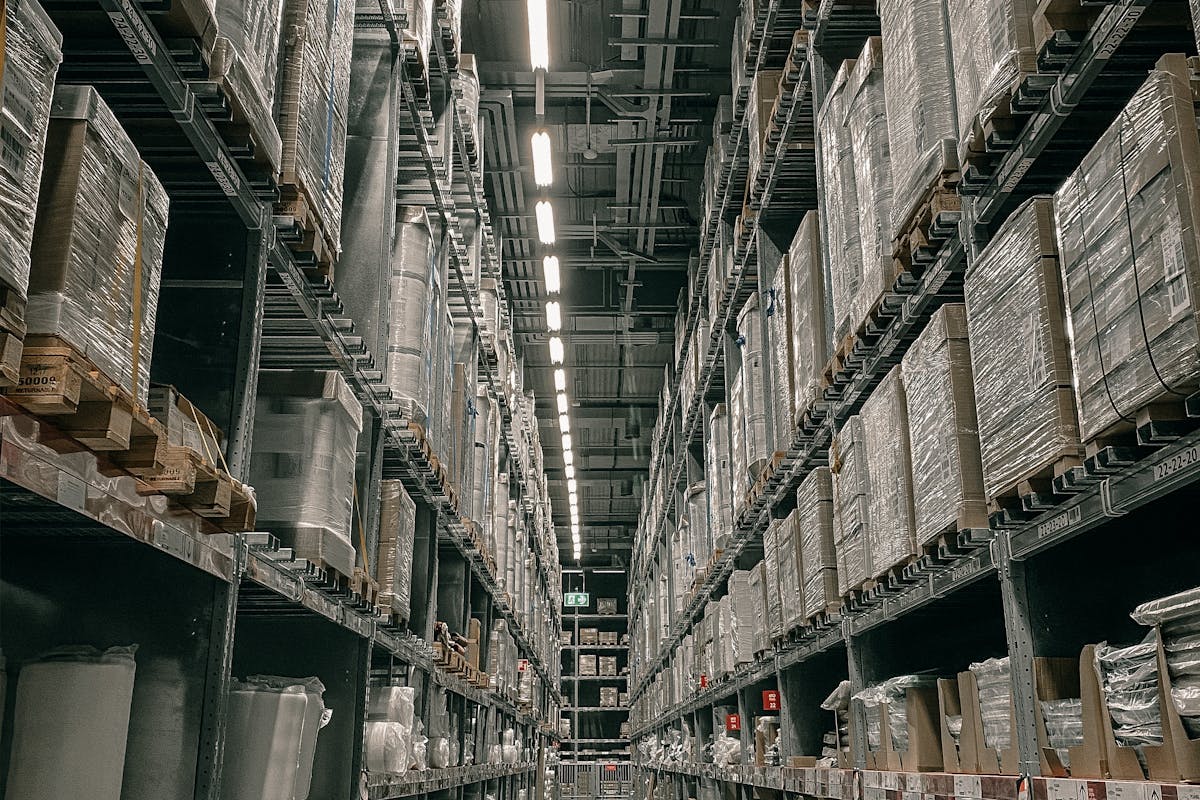The movement toward sustainable practices and saving the environment has dramatically raised our awareness of what we can do to help. But with so many options at our disposal, many of us have approached this like ordering from a menu. We choose sustainability in areas where we don’t mind the costs or compromises. Yet in others where it’s less convenient, we are less vigilant.
Thus, between the extremes of those who go back to basics and others who completely disregard the notion of sustainability, there’s a broad spectrum where most people fit in. Some insist on buying local but drive to work instead of taking a bike or public transportation. Others will ask roof installers to fit in solar panels, but choose to maintain resource-intensive, mono-cultured lawns.
Is this approach reasonable in practicing true sustainability? Or are we merely soothing our conscience by attempting to offset excess with selective eco-friendly behaviors?
A business problem
Sustainability is about managing the impact of human activity on natural resources. And in the grand scheme of things, any individual will have a small impact on the environment compared to a business.
It’s only logical, then, for people to exert pressure on companies to do more. They need to exert greater effort when it comes to conserving resources and minimizing their environmental impact.
The voice of the consumer is powerful, and over the years, brands have learned to listen. They realize that the modern, responsible consumer is willing to pay more for the assurance that the products they buy and the services they use are provided through sustainable means.
And yet, even though sustainability has become a corporate priority, it might not be executed properly behind the scenes. Businesses typically measure their performance in this area relative to their peers. But sustainability is about operating within the thresholds of economic, environmental, and social resources; for accuracy, it should be measured against them.
The messaging can be everywhere. Information about sustainability is readily available on the internet. Even if you don’t read about it, head to any retail store or supermarket. You’ll find packaging signals that tell you something was made with ‘green practices.’ But if companies themselves are only implementing half-measures, it remains imperative for individuals to play their part.
Settling for less
Looking at how companies approach sustainability offers some relevant insights into our behavior. Even if our minds can grasp the concept, it’s just easier to make changes to our lifestyle relative to what others are doing.
This is backed up by research. In the latest Greendex survey conducted by National Geographic, consumer behaviors across 18 countries were studied for sustainable attitudes and habits. And in regions like Latin America, where people are more likely to feel the direct effects of environmental degradation, concern over sustainability was highest. It was reflected in the green behaviors of those citizens.
In contrast, the residents of industrialized countries felt less threatened. They tended to score in the bottom when it comes to sustainable practices. When you live in a land of plenty, these concerns are less imminent. Despite access to information that tells you otherwise, it’s simpler to follow the prevailing wisdom.
Changing how we pursue goals

For companies, the desire to be sustainable conflicts with the bottom line. For individuals, however, it conflicts with our pursuit of status and advantage.
In the developed world, we enjoy far greater resources and superior technology. These advantages help fuel our pursuit of even greater accomplishments. We’re wired to be competitive.
If you have the opportunity to earn more and move upward in life by starting a business, for instance, you seize it. The considerations of how to practice sustainability will come after you have determined the revenue-generating model and profit margins.
This is the sort of approach that leads to half-hearted sustainability measures. It might not be possible to calculate your carbon footprint with complete accuracy because of hidden information and selective practices by businesses you patronize. So how can you say with certainty that buying energy-efficient appliances makes up for the occasional unnecessary road trip?
We don’t have to give up on our goals. But we have to change the way we go about consumption and business. Saving the planet is like protecting your health. You can’t work out for an hour each day only to drink, smoke, and eat junk food. Healthy people engage in all-around best practices. They observe proper nutrition, exercise daily, and get enough sleep.
Don’t focus on selective habits. Work on implementing sustainability in every area you can. And even if others around you are settling for less, push yourself to do more. After all, you’re the most reliable agent of change.





